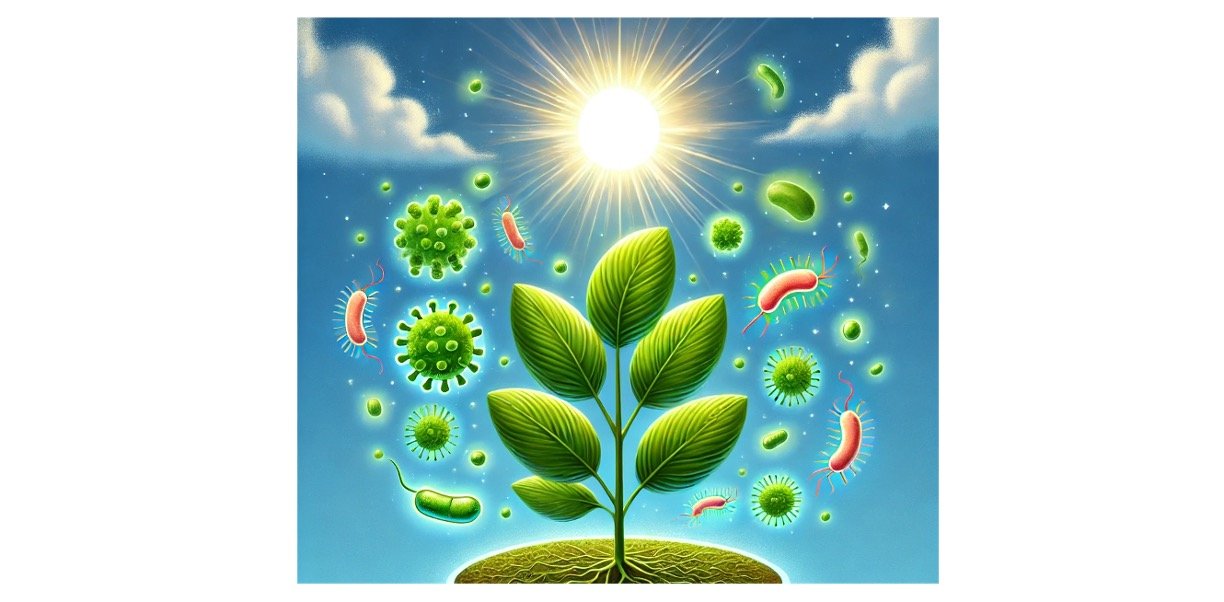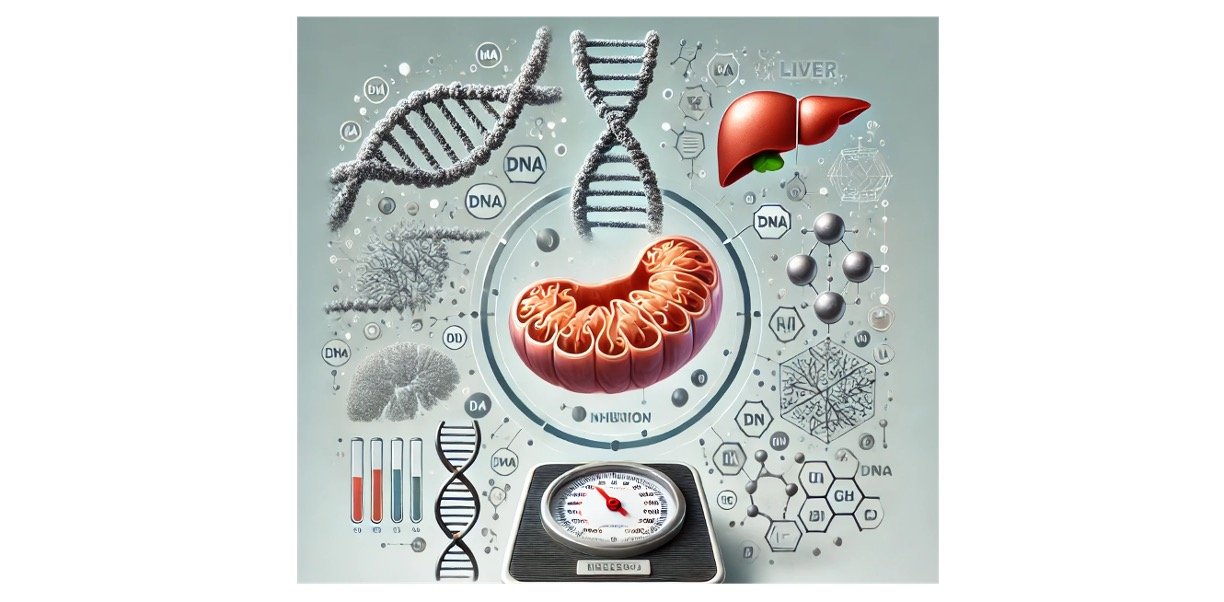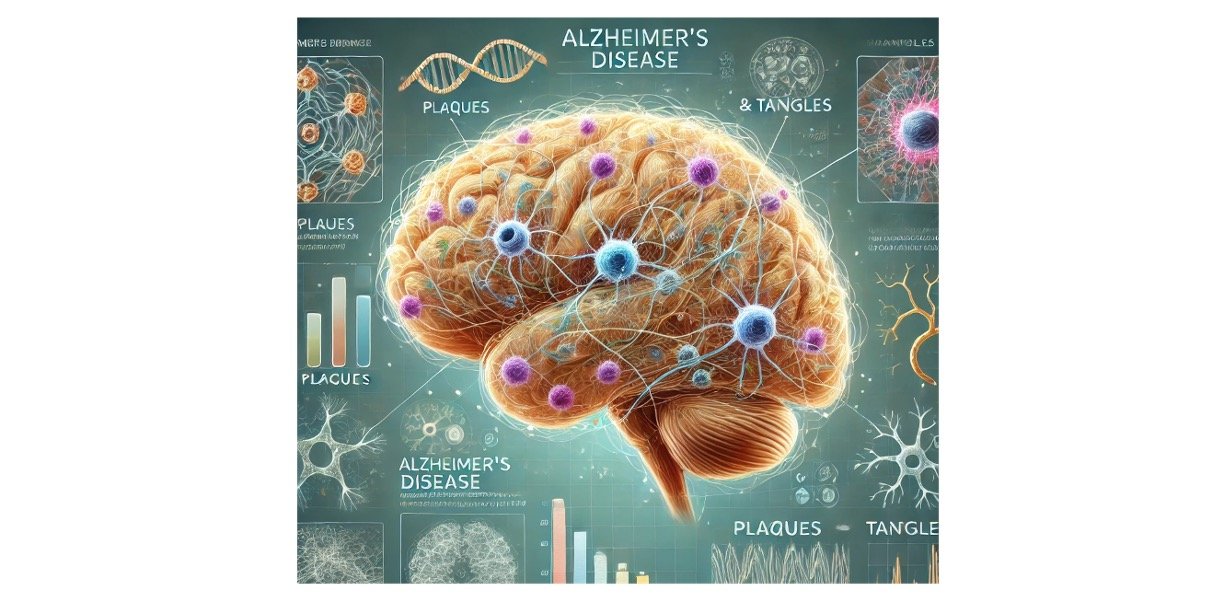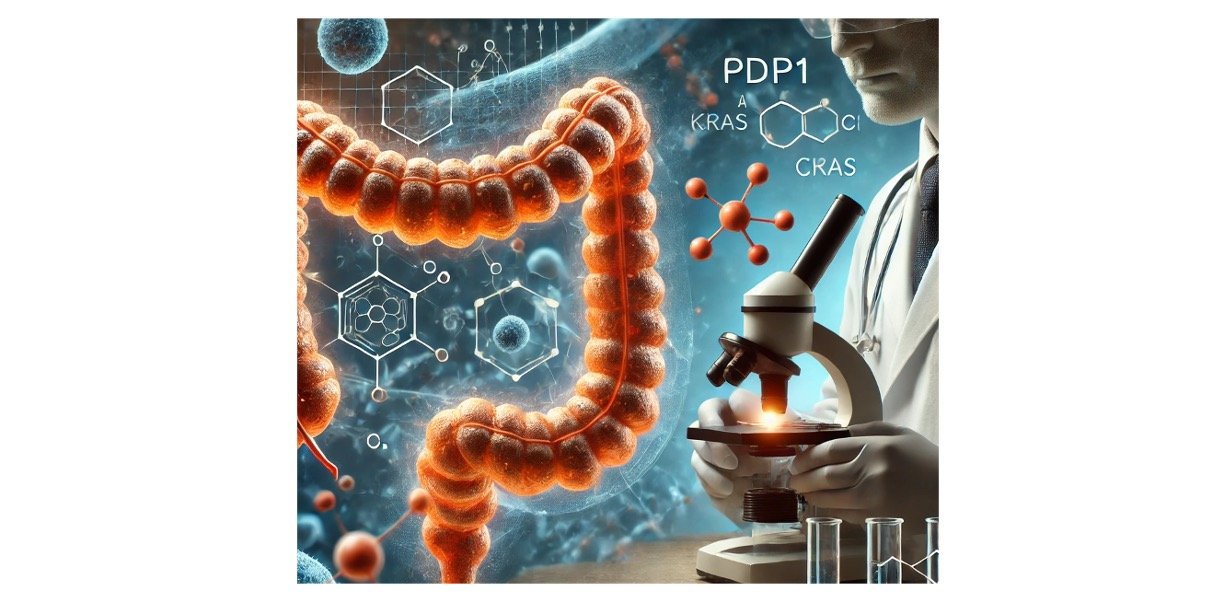Calvin Cycle Definition
During photosynthesis, a cyclical set of metabolic events occurs in the stroma of chloroplasts.
It includes light-independent activities such as carbon fixation, reduction reactions, and ribulose 1,5-diphosphate (RuDP), which result in the production of sugars and starch.
The energy released from ATP created during light reactions is used to fuel the conversion of carbon dioxide and other chemicals into an organic molecule at this stage of photosynthesis (e.g. glucose).
The Calvin cycle is directly employed to repair carbon dioxide in C3 plants.
The Calvin cycle is preceded by a distinct carbon fixation in C4 and CAM plants.
The Calvin cycle is named after Melvin Calvin, a Nobel Prize-winning chemist who was one of the discoverers.
The Calvin-Benson cycle or the Calvin-Benson-Bassham cycle are two variations.
Calvin Cycle Citations
Share












